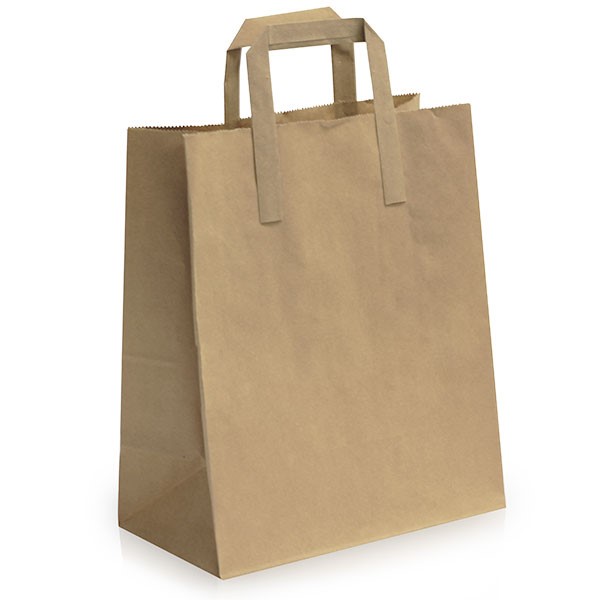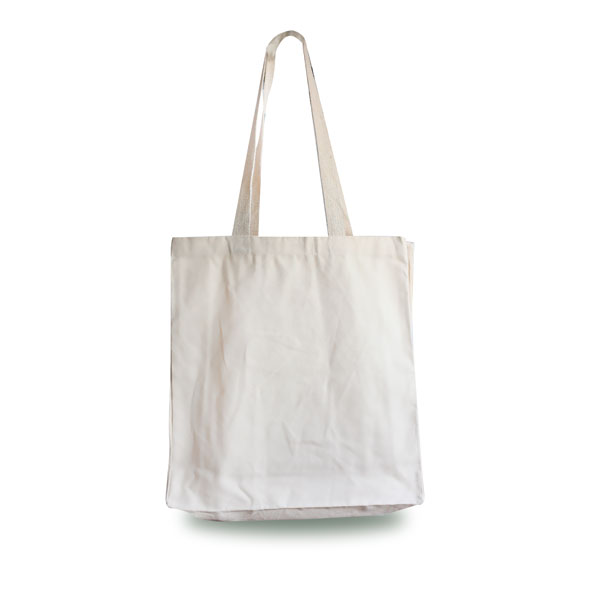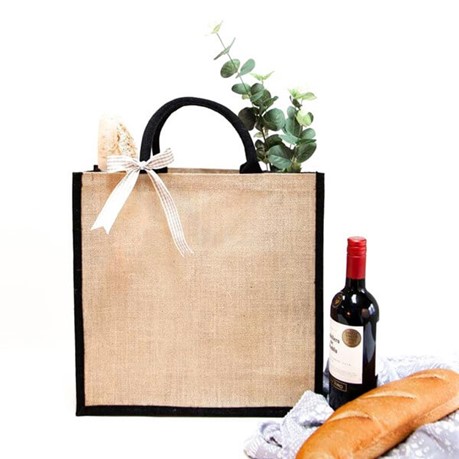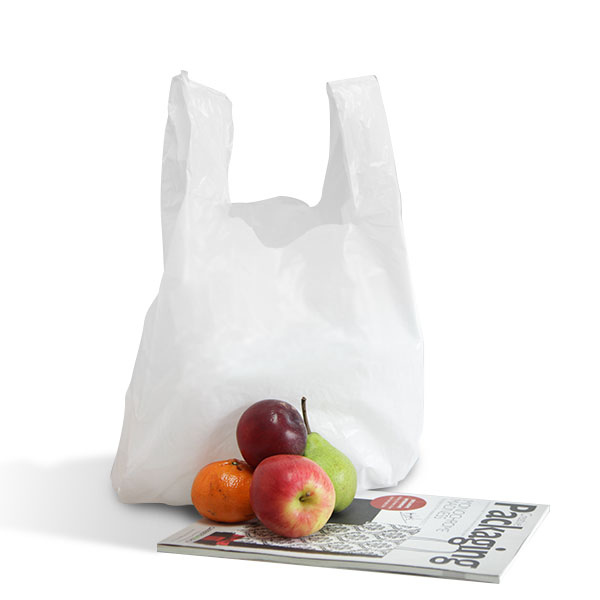Carrier bags are bags specifically designed for carrying goods or items purchased from stores or shops. They are commonly made of lightweight and durable materials such as plastic, paper, or fabric. Carrier bags are typically provided by retailers as a convenient means for customers to transport their purchases. They come in various sizes and shapes to accommodate different types and quantities of items.
In this article, we will explore the different types of carrier bags, including paper, fabric, jute, and plastic, highlighting their unique features and their impact on the environment.
Paper carrier bags are a popular choice due to their eco-friendly nature. Made from renewable resources such as trees, they can be easily recycled and are biodegradable. Paper bags offer strength and durability, making them suitable for carrying heavier items. Additionally, they can be customised with colourful designs and logos, adding a touch of personalisation to your shopping experience.
Fabric bags, often crafted from materials like cotton, canvas, or linen, have gained significant popularity in recent years. They are known for their longevity and reusability, making them an excellent alternative to single-use bags. Fabric bags can be folded and stored easily, allowing you to carry them wherever you go. With a wide range of designs and sizes available, fabric bags are both fashionable and functional.
Jute bags, made from natural plant fibres, have emerged as an eco-friendly option for conscientious shoppers. Jute is a highly sustainable material that requires minimal water and pesticide usage during cultivation. Jute bags are sturdy, biodegradable, and reusable, making them an excellent choice for carrying groceries and everyday essentials. Their rustic appearance and natural texture also add a unique charm to your shopping experience.
Plastic carrier bags have long been a convenient choice due to their lightweight and water-resistant properties. However, their negative impact on the environment cannot be ignored. Single-use plastic bags contribute to pollution, pose a threat to wildlife, and take hundreds of years to decompose. In response to these concerns, many countries and businesses have implemented plastic bag bans or levies, encouraging consumers to switch to more sustainable alternatives.
As our society becomes increasingly conscious of environmental issues, the demand for sustainable carrier bags continues to grow. Paper, fabric, jute, and other eco-friendly options are gaining prominence as people seek alternatives to single-use plastic bags. By making a conscious choice to use these alternatives, we can reduce our carbon footprint and contribute to a healthier planet. Whether it’s the classic charm of paper bags, the versatility of fabric bags, or the eco-consciousness of jute bags, each option offers a sustainable solution without compromising on functionality or style. Together, let us embrace these environmentally friendly carrier bags as we strive for a greener and more sustainable future.
Related articles:
Understanding GSM: Matching the strength to the purpose of the paper bag






